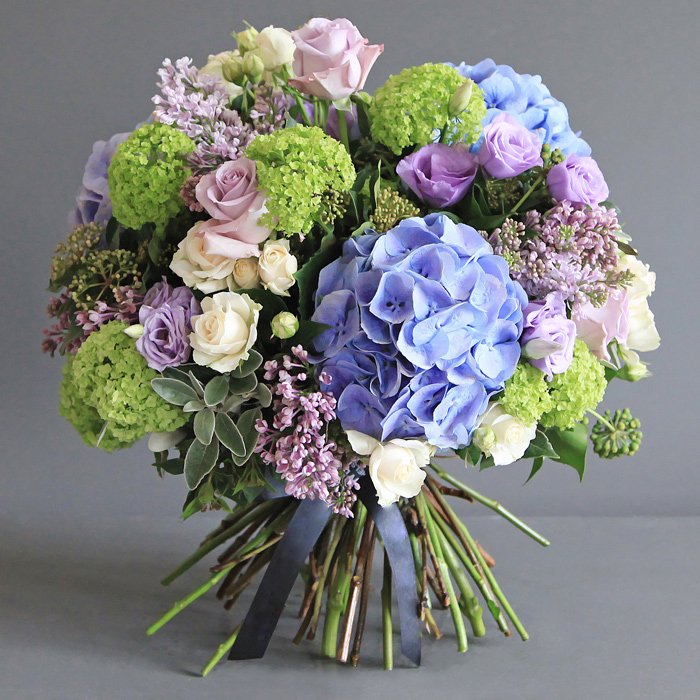Blooming Connection: Flowers and Philosophy throughout History
Flowers, with their delicate beauty and timeless allure, have captivated human hearts throughout history. These enchanting creations of nature have not only inspired poets, artists, and lovers but have also found a profound connection with philosophy. From ancient civilizations to modern times, flowers have been intertwined with philosophical ideas, serving as metaphors, symbols, and sources of contemplation. Petal & Poem explores the fascinating relationship between flowers and philosophy, tracing its influence from ancient wisdom to contemporary thought.
Ancient Wisdom and Symbolism
In ancient civilizations, flowers were revered as treasures embodying the connection between humanity and the divine. In the myths and beliefs of various cultures, flowers emerged as potent symbols conveying profound philosophical concepts. For instance, in ancient Greece, the philosopher Plato used the analogy of a blooming flower to illustrate the journey of the soul towards enlightenment. Just as a flower stretches upward from the darkness of the earth toward the light, so does the soul seek wisdom and knowledge, constantly striving for personal growth.
Blooms as Metaphors
Flowers have been used extensively as metaphors in philosophical teachings and literature. In Chinese philosophy, the blooming of a flower has been likened to the progress of an enlightened mind. The famous philosopher Lao Tzu left us with the evocative words, "The flower which blooms in adversity is the rarest and most beautiful of all." This beautifully illustrates how flowers can serve as reminders of perseverance, resilience, and personal growth in the face of challenges.
The Beauty of Transience
One central theme in philosophy is the transience of life and beauty. Flowers provide a vivid representation of this philosophical concept. The Japanese aesthetic philosophy of 'mono no aware' embraces the beauty that arises from the ephemeral nature of existence. The celebrated cherry blossoms, which bloom for only a short time each year, encapsulate the profound beauty and inevitable passing of life. The concept of 'mono no aware' gently reminds us to appreciate the fleeting moments of magnificence in the same way we marvel at the breathtaking bloom of a flower.
Reflecting the Circle of Being
Flowers, through their life cycles, mirror the fundamental philosophical concept of the circle of existence. From birth to withering, and then rebirth, flowers demonstrate the cyclical nature of life. The ancient Eastern philosophy of Buddhism teaches this principle, using the analogy of a lotus flower. The lotus, born in the muddy darkness of a pond, rises above the surface and blossoms into exquisite beauty. Its blooming symbolizes enlightenment, purity, and the potential for transformation inherent within all living beings.
Contemporary Philosophical Reflection
Even in contemporary times, flowers continue to inspire and provoke philosophical discourse. Existentialist philosophers, such as Jean-Paul Sartre, often utilized the symbolism of flowers to explore complex existential themes. For example, a withering flower may serve as a symbol for the fleeting nature of existence and the existential angst that arises from contemplating mortality.
As Above, So Below
Flowers have a unique ability to bridge the realms of the physical and the metaphysical, inspiring humans to ponder their place in the grand tapestry of existence. Whether it is contemplating the transient beauty of a bloom or reflecting on the eternal cycle of life, flowers have been a profound source of inspiration for philosophers throughout history.
As we gaze upon a delicate blossom or receive a timeless bouquet, let us pause to contemplate the philosophical wisdom they hold. In their fragile petals, we find a reflection of our own fleeting lives and the timeless questions that have captivated human minds for centuries. Flowers, in their sublime splendor, invite us to explore the depth of our existence and to appreciate the interconnectedness of beauty, philosophy, and the human spirit.


